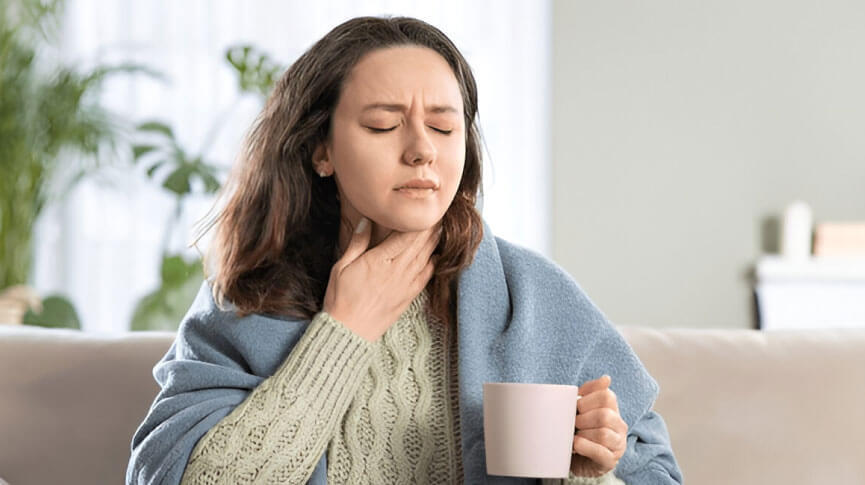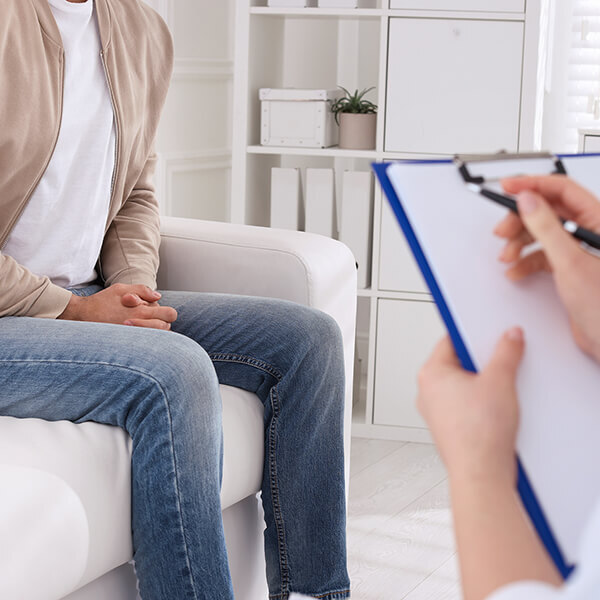
Gonorrhea is a common bacterial infection that affects the genitals, rectum, or throat. It’s treatable, but if ignored, it can lead to serious health problems. Visit our DOXXES store on North Freeway / Little York for discreet, helpful products that support your sexual health and comfort.
What Is Gonorrhea?
Gonorrhea is caused by a bacterium called Neisseria gonorrhoeae. It spreads through sexual contact and infects moist areas like the urethra, cervix, rectum, or throat.
Common questions include:
- Can you get gonorrhea from oral sex? Yes, it can spread this way.
- Can you get gonorrhea without sex? Rarely—through shared sex toys or from mother to baby at birth.
Types of infection include:
- Urogenital (genitals and urinary tract)
- Rectal
- Pharyngeal (throat)
Why Does Gonorrhea Happen?
Emotional factors can increase risk:
- Stress or anxiety that leads to impulsive choices
- Past trauma affecting condom use or trust
- Relationship problems that block honest talk about protection
Physical factors can also play a role:
- Past STIs or lowered immunity
- Hormonal changes that affect vaginal health
- Tiny tears in the skin from sex
Often, emotional and physical issues mix—like stress lowering your guard while an unnoticed tear lets bacteria in.
Real-Life Examples and Triggers
Examples of how it appears:
- A man feels burning and sees discharge after unprotected sex
- A woman has gonorrhea but doesn’t notice symptoms at first
- Someone gets rectal discomfort after anal sex
- A sore throat develops after oral contact
How to find your risk factors:
- Think about when symptoms started
- Note if condoms were used or not
- Look at lubrication, positions, or friction that might cause small injuries
Who It Affects
Gonorrhea affects people of all genders and orientations. It can damage both health and trust in relationships.
In women:
- Symptoms are often mild or hidden
- Risk of pelvic inflammatory disease (PID) and infertility is higher
In men:
- Burning during urination and discharge are common signs
In LGBTQ+ individuals:
- Rectal or throat infections are more common
- Fear of stigma may delay getting care
How a Sex Therapist Can Help
A therapist can:
- Explore your sexual history and symptoms (like pain after sex)
- Help address emotional challenges tied to safe-sex habits
- Teach ways to talk openly with partners about testing and protection
Ways to Treat and Manage Gonorrhea
Medical Treatment
- A doctor will prescribe antibiotics—always finish the full dose.
Therapy and Support
- Counseling can reduce anxiety around testing and telling your partner.
Prevention Tools
- Use condoms or dental dams
- Get tested regularly if you're sexually active

How DOXXES.love Can Help
We offer wellness tools that support healing and safer sex:
- Water-based lubricants for sensitive skin
- Pelvic floor trainers for recovery after infections or PID
- Gentle vibrators for pain-free pleasure
- Prostate massagers with clear cleaning and safety guides
Using these tools with medical care and therapy can improve your comfort and confidence.
Talking About Gonorrhea with Others
Tips for open, respectful conversations:
- Be honest: “I felt burning and I’m getting tested.”
- Use “I” statements to avoid blame
- Pick a quiet, calm time to talk
- Learn together—read trusted health resources
- Ask for help early if emotions or symptoms feel overwhelming
Visit Our DOXXES Store on North Freeway / Little York
Stop by for friendly, private service. Our trained team can help you choose the right products and offer support without judgment.
Conclusion
Gonorrhea is treatable, and recovery is possible with the right support. Combine medical care, safe practices, and tools from DOXXES on North Freeway / Little York to stay informed, protected, and confident in your sexual wellness.
FAQs
- What is gonorrhea?
A bacterial STI that can affect your genitals, rectum, or throat. - Can I get tested at your North Freeway / Little York location?
Yes. We offer fast, confidential testing for gonorrhea and other STIs. - What are the symptoms?
Men may feel burning and see discharge. Women might have pelvic pain or no symptoms. - Do you provide treatment?
Yes. Our clinic offers one-time antibiotic injections or oral medications. - Can it cause serious problems?
Yes. Without treatment, it can lead to PID, infertility, or joint pain. - Can I have gonorrhea and not know it?
Yes. Many people have no symptoms at all. - How does it spread?
Through vaginal, anal, or oral sex with an infected partner. - Can it be cured?
Yes. It’s easily treated with the right antibiotics. - Should both partners get treated?
Yes. Treating both prevents reinfection. - When is it safe to have sex again?
Wait 7 days after finishing treatment and until symptoms are gone.
